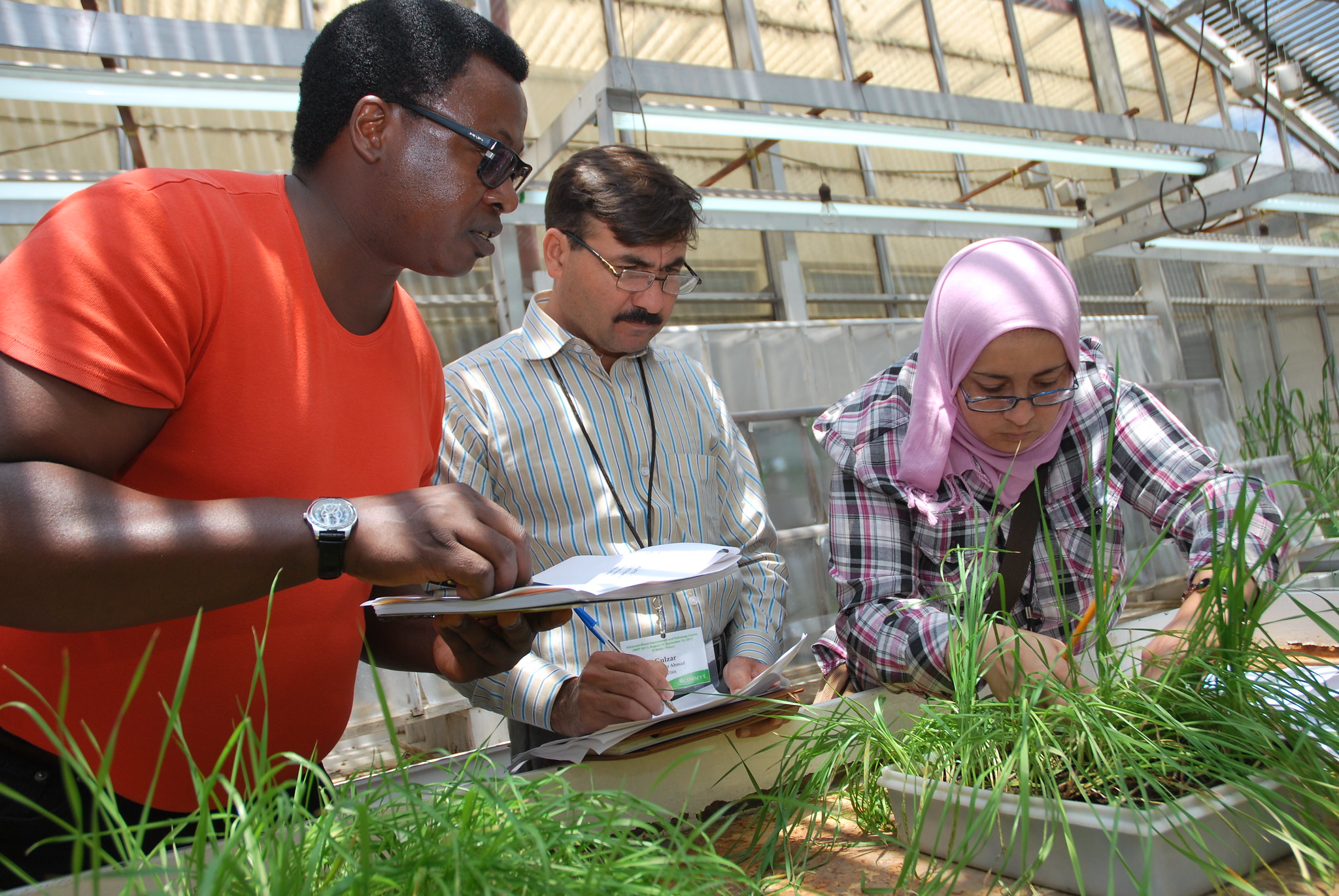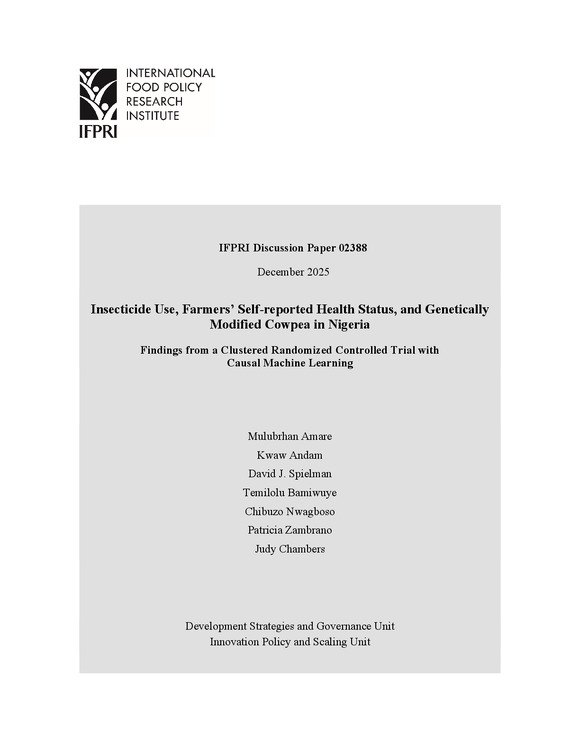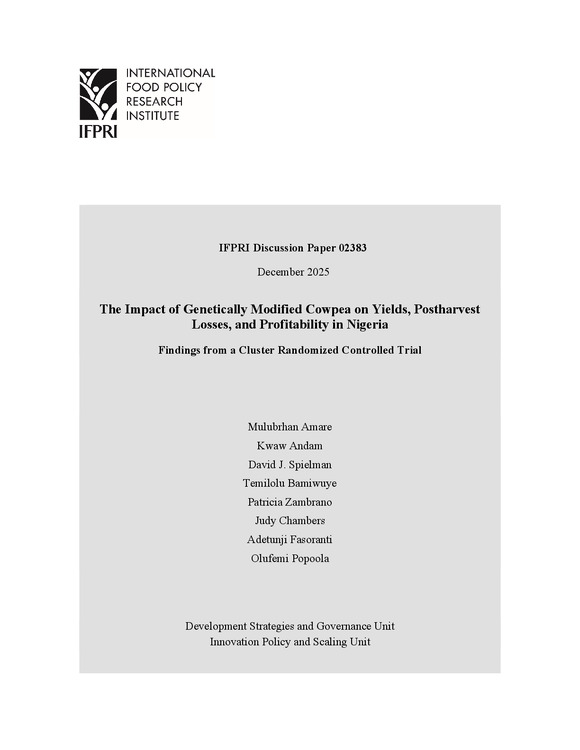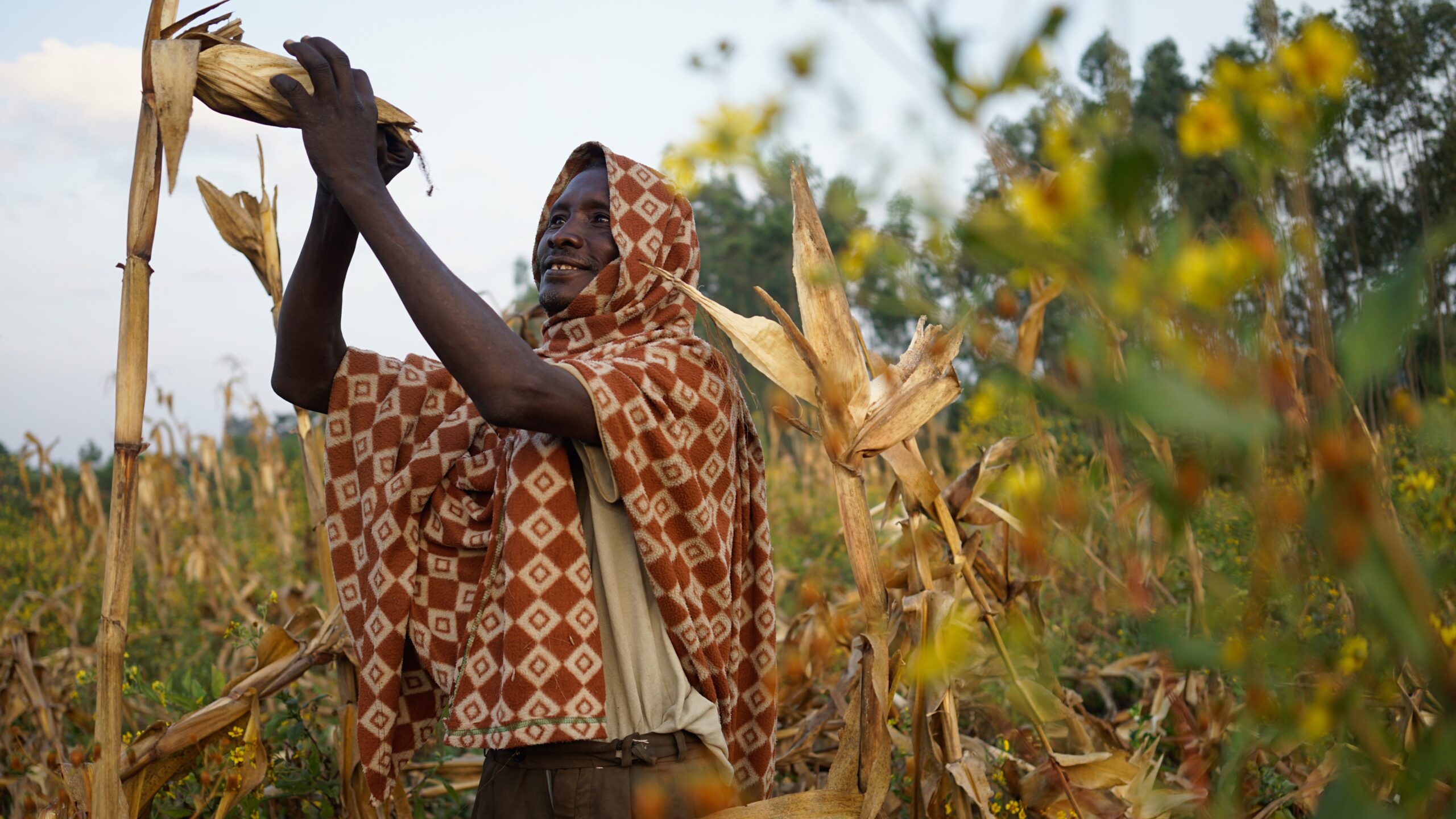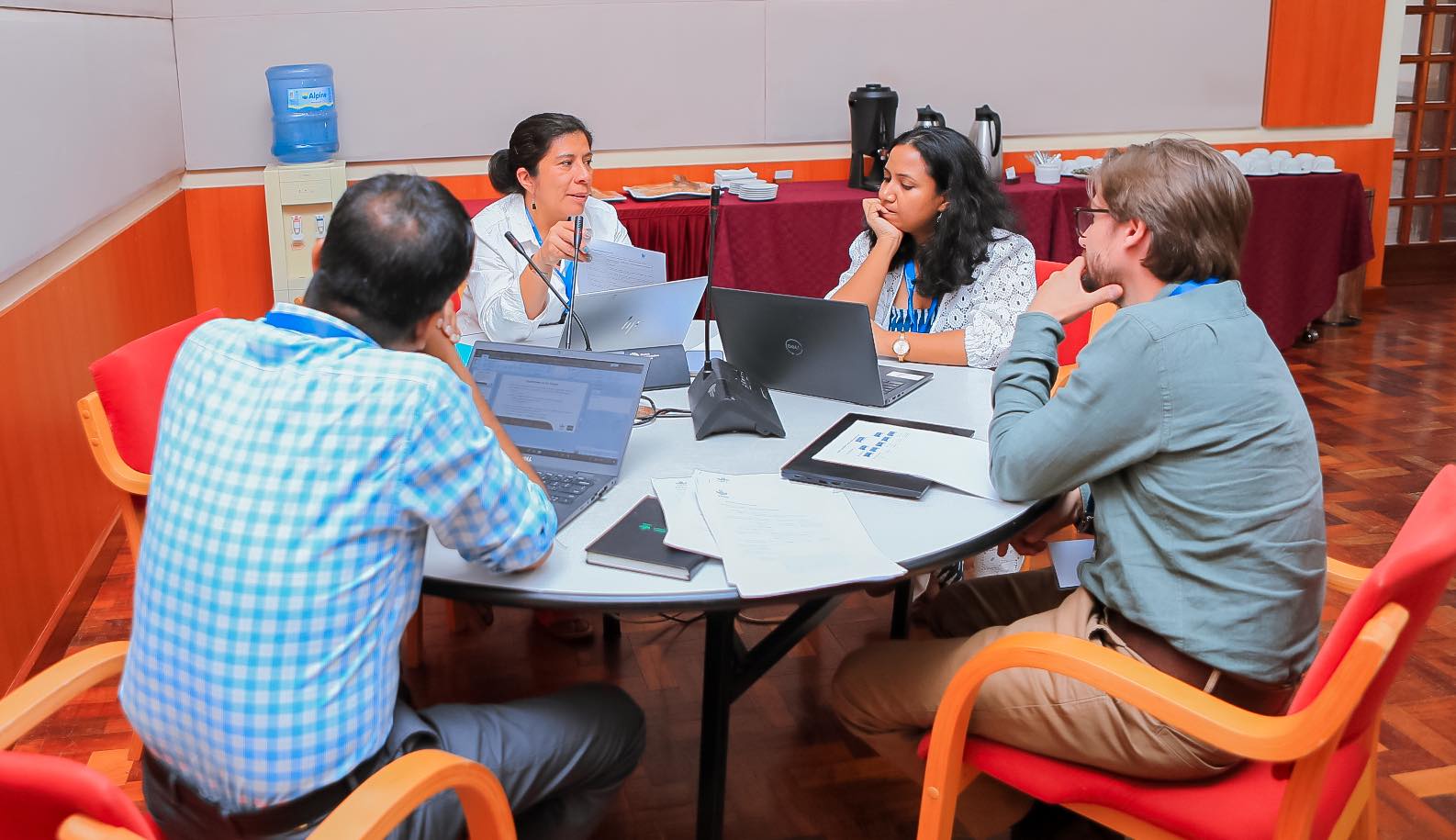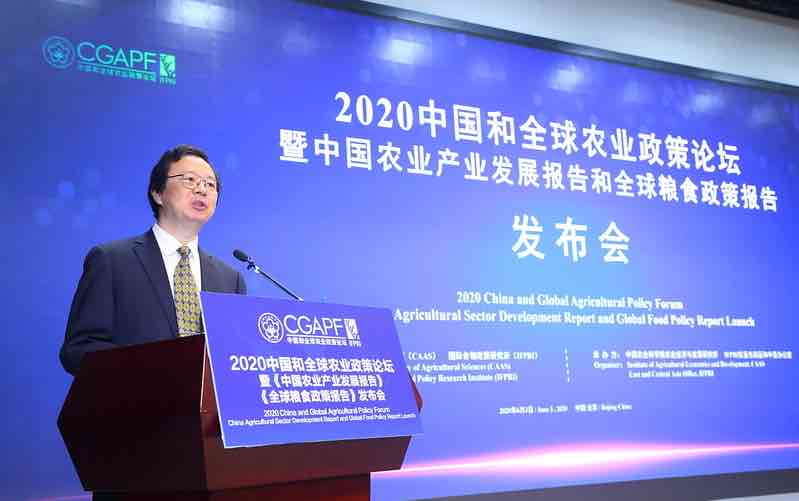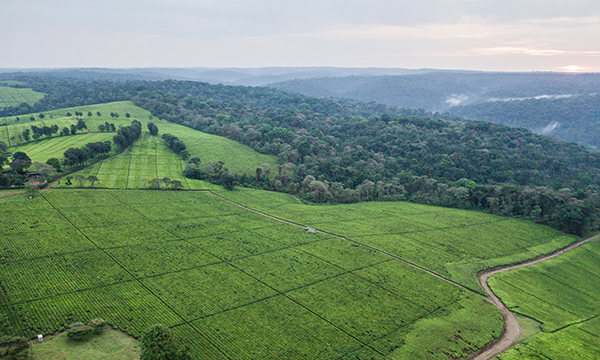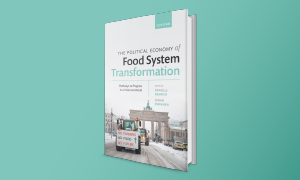IFPRI provides research-based policy solutions to sustainably reduce poverty and end hunger and malnutrition in developing countries. In support of this mission, IFPRI researchers evaluate emerging technologies and policy innovations and consider supportive policy frameworks that can enhance farmers’ access to the benefits of innovations. Among these are innovations in natural resource management, climate and energy policies, mechanization and digital tools, agricultural diversity, and property rights and collective action. IFPRI also has a long-running program on biotechnology applications and biosafety systems.
Since the development of the first biotech crop varieties, IFPRI has analyzed their costs, risks, and benefits for farmers and consumers in low- and middle-income countries (LMICs). Evidence to date, including that generated by IFPRI researchers, has identified important productivity, environmental, and socioeconomic benefits from agricultural biotechnology for numerous developing countries. Evidence has also identified costs and risks, which underscores the importance of credible and functional regulatory systems for oversight, risk assessment, and mitigation while enabling countries to benefit from biotechnology innovations. IFPRI views this evidence as indicating that, when appropriately regulated, biotechnology can play an important role in sustainably increasing agricultural productivity, which aids in the reduction of poverty, hunger, and malnutrition. Today, more than 70 countries around the world are producing or importing living modified organisms, including a significant number of LMICs, while others are considering authorizing cultivation or imports.
… read more
At the request of governments seeking to ratify the Cartagena Protocol on Biosafety to the Convention on Biological Diversity, adopted in January 2000, IFPRI has worked to build local institutional capacities in LMICs related to the analysis of benefits, costs, and risks of agricultural biotechnology and to the formulation and implementation of appropriate, evidence-based regulatory systems. IFPRI provides technical assistance to regulators and other governmental actors as they consider developing national regulations to ensure the safe handling, transport, and use of living modified organisms resulting from modern biotechnology. While IFPRI provides technical assistance to its partners as they consider policy and regulatory options, all determinations on biosafety policies are solely within the purview of national authorities in line with their sovereign rights and obligations to their citizens. Recognizing ongoing controversies around biotechnology, IFPRI consistently emphasizes an evidence-based approach that allows for inclusive discourse with a wide range of stakeholders.




